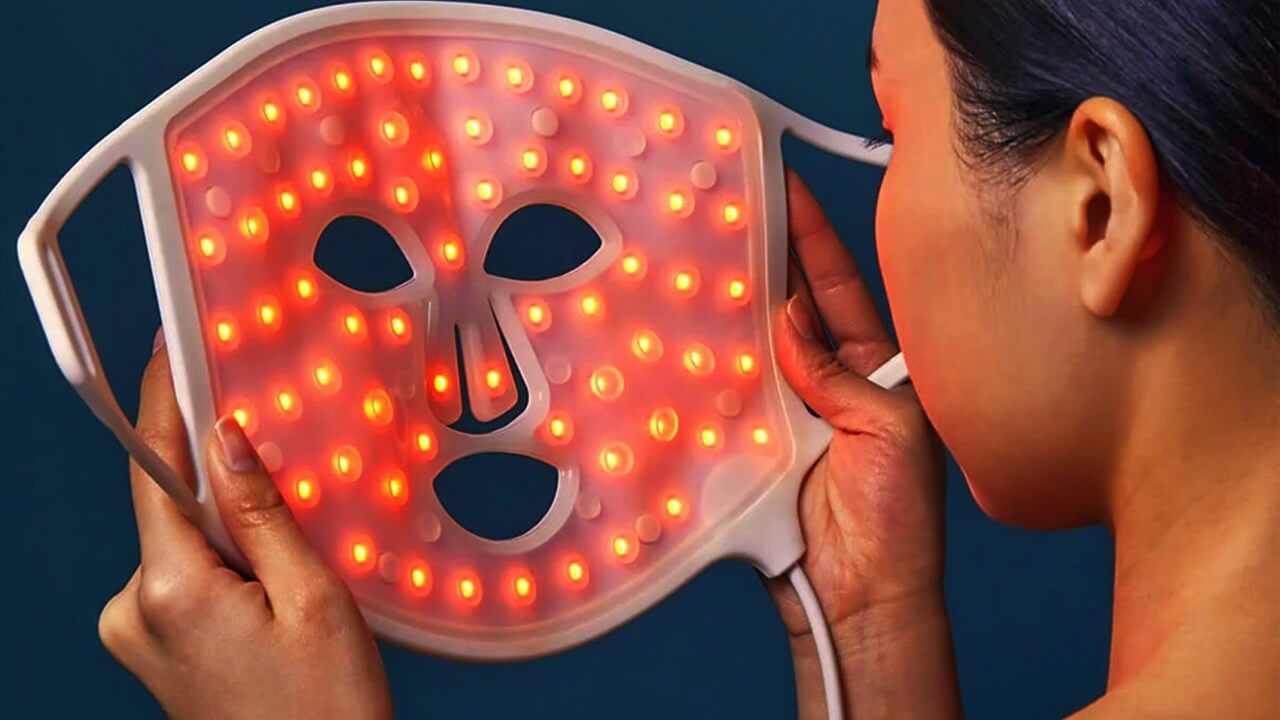Conditions
Insecticides are why you can’t sleep

This video, Insecticides are why you can’t sleep, was filmed at The Walk at JBR, in Dubai, United Arab Emirates.
Our videos are on 4 video platforms, and we embed all 4 of them below, since they are highly controversial and one or more platforms may remove a video.
Underneath the 4 videos, you can find the video transcript and further information.
YOUTUBE
Check out this Insecticides keep you awake video
Subscribe to the HealthGlade YouTube Channel
ODYSEE
Check out this Insecticides keep you awake video
Subscribe to the HealthGlade Odysee Channel
BITCHUTE
Check out this Insecticides keep you awake video
Subscribe to the HealthGlade BitChute Channel
BRIGHTEON
Check out this Insecticides keep you awake video
Subscribe to the HealthGlade Brighteon Channel
VIDEO TRANSCRIPT
There are a lot of reasons why you can have insomnia, so if you think you have tried everything, here’s a little known one that you probably haven’t heard of, yet has been scientifically proven: insecticide exposure.
The most common source is of course from the food you eat, as most of us are not eating a 100% organic diet.
In a study published in the Chemical Research in Toxicology journal, researchers looked at two common insecticides, Carbaryl and Carbofuran, both widely used on crops destined for human consumption.
They found that both insecticides are structurally similar to melatonin, the hormone responsible for helping us get to sleep, and would bind to the MT1 and MT2 melatonin receptor sites.
What this means is that even if our bodies produced melatonin, the receptor sites were blocked, and we could not use it, leading to a disruption in our circadian rhythm, and an inability to fall asleep.
Glucose homeostasis and insulin secretion were also believed to be affected, creating a higher risk for diabetes and metabolic diseases, showing that consumption of insecticide laden food does a lot more to the body than just preventing you from getting to sleep.
Of course, big pharma has become very interested in the melatonin receptors, and started to produce other melatonin receptor agonists, but instead of them clogging up the receptor sites, they are instead assumed by the body to be melatonin, and have the desired effected of inducing sleep.
These cheap drugs which attempt to mimic melatonin have flooded the market, but like all big pharma drugs, are not without their side effects, which include dizziness, fatigue, nausea, and ironically, making your sleep problems worse, and an unusual condition called rebound insomnia.
It goes without saying, it’s best to avoid these big pharma melatonin receptor agonist drugs. Instead, focus on cleaning up your diet, and avoiding food produced with insecticides, in order to correct your insomnia.
For more causes and solutions for your sleeping problems, please visit my website at healthglade.com










































